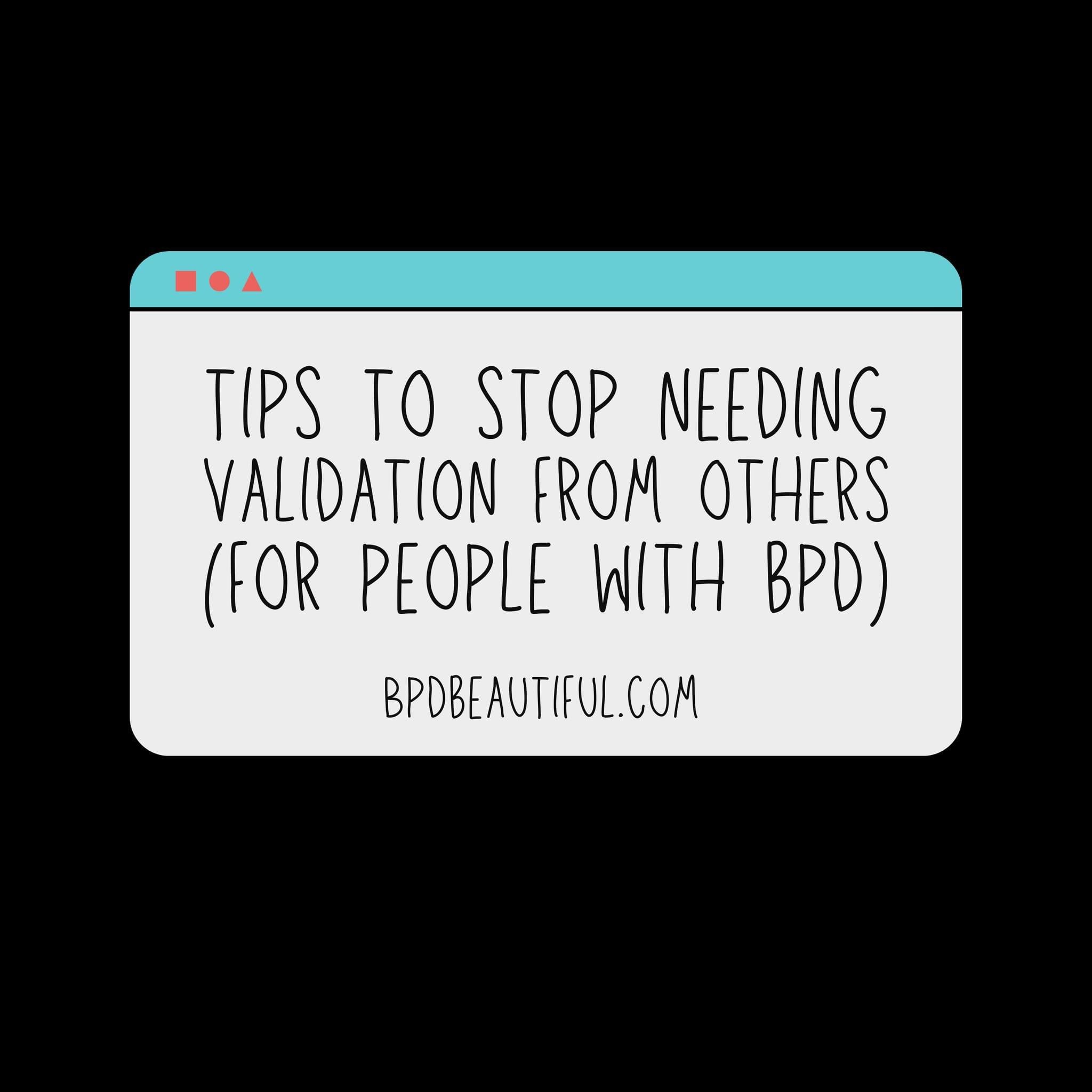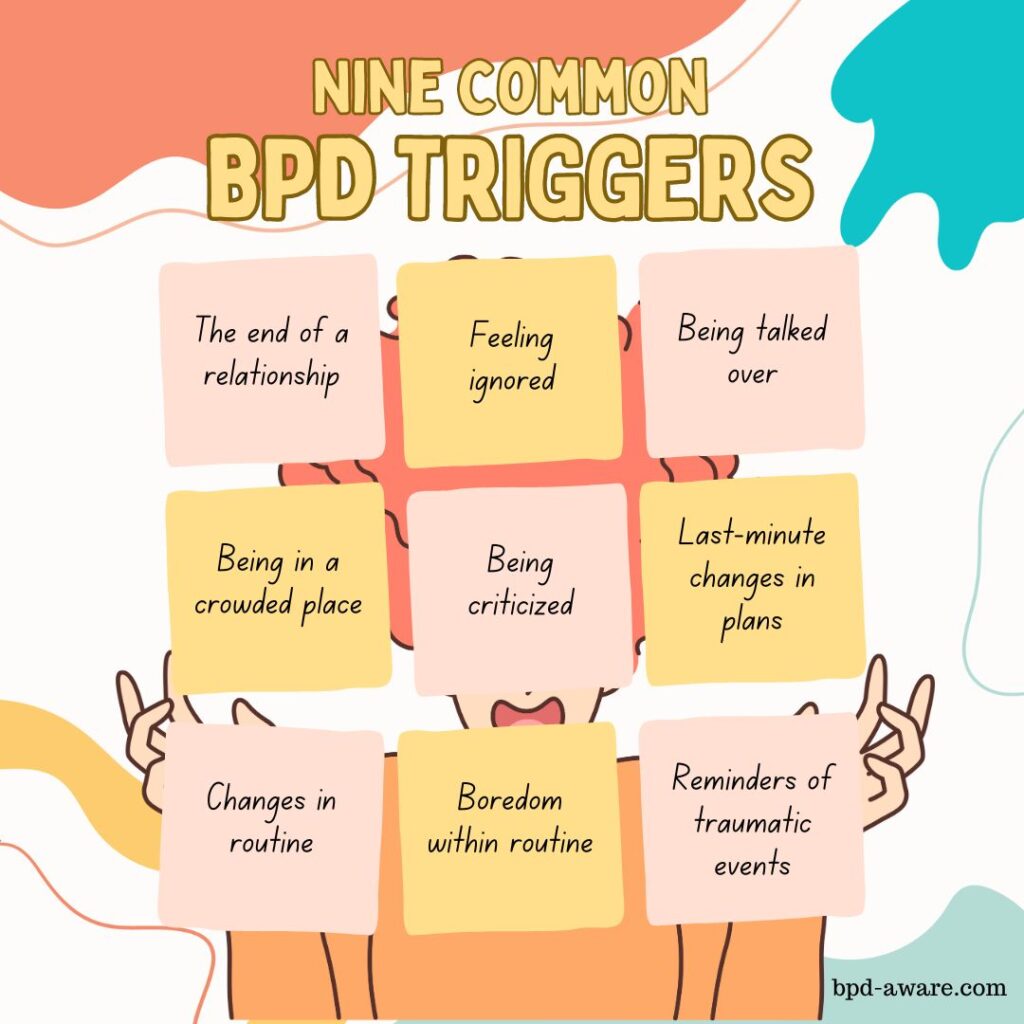What Is BPD: Making Sense Of Emotional Ups And Downs
Have you ever felt like your emotions were on a roller coaster, making it hard to find a steady path? Or perhaps you know someone who seems to experience intense feelings that shift quickly, leaving them, and those around them, feeling a bit bewildered. When we talk about what is bpd, we're looking at a mental health condition that touches the very core of how people feel about themselves and others. It's a real challenge, making it quite hard to function smoothly in everyday life, as a matter of fact.
This condition, sometimes called emotionally unstable personality disorder, brings with it a sense of instability. This isn't just about feeling a little off sometimes; it’s about deep-seated shifts in moods, how one sees relationships, and even how one acts. That instability, you know, often comes from a very strong, deep-seated fear. It’s a serious psychological condition, and it affects a good number of people, making daily life a pretty big struggle for them.
So, we're going to talk about what is bpd in more detail, looking at what it means for someone's feelings, their connections with others, and how they navigate the world. We'll explore how it impacts a person's ability to keep their emotions in check and why that matters so much. It's about getting a clearer picture of this condition, and seeing how support, like certain types of therapy, can truly help people find their way to healing and growth.
Table of Contents
- What is BPD at Its Core?
- The Heart of Instability
- Emotions and Impulsivity
- How BPD Affects Daily Life
- Finding a Path Forward with BPD
- Common Questions About BPD
What is BPD at Its Core?
Borderline personality disorder, often called BPD, is a mental health condition that truly impacts how people feel about themselves and others. It’s a situation where, you know, it becomes quite a challenge to function in everyday life. This condition, really, makes it hard to keep things steady emotionally. It's not just a passing mood; it's a persistent pattern that can shape a person's entire experience of the world. It’s a very real illness, and understanding it is the first step toward helping those who live with it.
When we talk about what is bpd, we are discussing a serious psychological condition. It is marked by emotions that can shift dramatically, relationships that might feel like they're on shaky ground, and behaviors that can sometimes seem unpredictable. People with BPD often have trouble processing or managing their feelings, which can lead to a lot of inner turmoil. This difficulty with emotions, in a way, is a central part of what makes BPD such a struggle for many.
This condition is also known as emotionally unstable personality disorder, which, you know, gives a pretty clear picture of one of its main characteristics. It’s about more than just having strong feelings; it's about those feelings being hard to control and often changing very quickly. This can make life feel very overwhelming, almost like being caught in a storm where the weather changes without warning. It's a condition that truly impacts a person's ability to regulate their emotions, and that loss of emotional control can increase impulsivity, affecting how a person feels and acts.
- Cody Johnson Carrie Underwood
- Classy Demure Mindful Dress To Impress
- Vienna Sausage Recipes
- Low Fade Comprimido
- Nikocado Avocado Leaked
The Heart of Instability
Having BPD is usually associated with a lot of instability, as we mentioned. This isn't just about feeling a bit uncertain; it's about a deep, pervasive sense of not being stable in one's moods, relationships, and even how one sees oneself. This instability, quite often, stems from a very profound fear. It might be a fear of being alone, or a fear of not being good enough, or a fear of being abandoned. This fear can drive many of the difficulties a person with BPD experiences, making life feel very uncertain, you know.
The core of borderline personality disorder, in some respects, lies in this deep instability. It shows up in many areas of a person's life. Their moods might swing from one extreme to another very quickly, sometimes within hours. One moment they might feel intensely happy, and the next, incredibly sad or angry. This rapid shift can be very confusing, not just for the person experiencing it, but also for family and friends around them. It's a rather challenging situation for everyone involved, to be honest.
Relationships, too, often show this pattern of instability. People with BPD might idealize someone very quickly, seeing them as perfect, and then just as quickly, feel very disappointed or angry with them. This push-pull dynamic can make relationships very intense but also very difficult to maintain over time. It's like a roller coaster of connection, where feelings can go from very high to very low in a short span. This is a key aspect of what is bpd for many people.
Emotions and Impulsivity
Borderline personality disorder is a mental illness that severely impacts a person’s ability to regulate their emotions. This means it's incredibly hard for someone with BPD to manage their feelings, to calm down when they're upset, or to keep their emotions from taking over. This loss of emotional control can, in fact, increase impulsivity. When feelings are overwhelming, a person might act without thinking through the consequences, which can lead to difficult situations.
This increased impulsivity can affect how a person feels about themselves and others, and it can show up in many different ways. It might mean making quick decisions about relationships, spending money without a plan, or engaging in risky behaviors. These actions, while perhaps offering a moment of relief from intense feelings, often lead to more problems down the line. It's a very challenging cycle to break, as a matter of fact, and it is a central part of what people mean when they ask what is bpd.
The difficulty in managing emotions is a constant struggle. Imagine feeling things so intensely that they feel unbearable, and then not knowing how to make those feelings lessen. This inner experience often results in outward behaviors that might seem confusing to others, but for the person with BPD, they are often a way to cope with overwhelming internal pain. This inability to process or manage emotions effectively is a defining feature of the condition, making daily life quite a hurdle.
How BPD Affects Daily Life
Because BPD affects the way people feel about themselves and others, it makes it quite hard to function in everyday life. Simple tasks can become overwhelming, and maintaining a routine can feel nearly impossible when emotions are constantly shifting. This can impact work, school, and even basic self-care. It's a condition that truly permeates every aspect of a person's existence, making stability a very distant concept, sometimes.
The instability that comes with BPD can also make it difficult to maintain steady relationships with family, friends, and partners. The rapid shifts in feelings, the intense fears, and the impulsive behaviors can strain even the strongest bonds. People with BPD often experience a deep fear of abandonment, which can lead to behaviors that paradoxically push people away. It's a really painful cycle for everyone involved, to be honest.
Living with BPD means navigating a world where your inner emotional landscape is constantly changing, sometimes dramatically. This can lead to feelings of emptiness, confusion about one's identity, and a sense of being different or misunderstood. The internal experiences are often very intense and can be quite distressing. It's a condition that requires a lot of resilience and support, and knowing what is bpd helps in providing that support.
Finding a Path Forward with BPD
The good news is that there are effective treatments available to support healing and growth for people with BPD. Learning about borderline personality disorder (BPD) means also learning about the ways people can find help. One of the most recognized and effective treatments is Dialectical Behavior Therapy, or DBT. DBT helps people learn skills to manage their emotions, cope with distress, improve their relationships, and live more mindfully. It's a very practical approach that can make a real difference, you know.
BPD is estimated to be the third most prevalent personality disorder, affecting a significant number of people. This means that many individuals are living with this condition, and many are also seeking help and finding ways to manage it. The fact that it is so common also means that there is a growing awareness and more resources becoming available for support. It's important to remember that people with BPD can and do get better with the right kind of help and commitment to their well-being.
The path to healing often involves a combination of therapy, and sometimes medication, along with a strong support system. It's about learning new ways to cope with intense emotions and building healthier relationships. For anyone asking what is bpd, it's also important to know that recovery is possible. There are many stories of individuals who have learned to manage their symptoms and lead fulfilling lives, which is really encouraging, to be honest.
Common Questions About BPD
Is BPD a serious mental illness?
Yes, borderline personality disorder is indeed a serious psychological condition and a mental illness. It significantly impacts a person’s ability to regulate their emotions and function in daily life. It can lead to considerable distress and challenges, but with appropriate support and treatment, people can learn to manage their symptoms effectively.
What are some common signs of BPD?
People with BPD often have unstable moods and emotions, relationships, and behavior. This can include intense, rapidly shifting feelings, a fear of being abandoned, impulsive actions, and difficulties with their sense of self. The loss of emotional control can increase impulsivity and affect how a person feels and acts, so too it's almost.
Can BPD be cured?
While some mental health conditions might be described as "cured," BPD is generally seen as a condition that can be managed and improved significantly with effective treatments like Dialectical Behavior Therapy (DBT). Many people with BPD learn to regulate their emotions, build stable relationships, and lead fulfilling lives. The goal is often about achieving lasting recovery and growth, rather than a simple cure, as a matter of fact. For more information, you might find helpful resources from organizations like the National Institute of Mental Health (NIMH), which provides a lot of good information on mental health conditions.



Detail Author 👤:
- Name : Chanel Kirlin
- Username : isidro30
- Email : kiara.koelpin@lynch.biz
- Birthdate : 1985-08-03
- Address : 935 Opal Neck Port Ronaldo, OK 13016-2137
- Phone : (463) 408-6166
- Company : Kirlin, Borer and Stamm
- Job : Rough Carpenter
- Bio : Qui laborum qui neque ab laboriosam unde. Illo amet fugit qui. Voluptatum aut omnis eveniet tempora nisi voluptas ut. Quas incidunt qui accusantium iste laudantium non qui fugiat.
Socials 🌐
facebook:
- url : https://facebook.com/mgoodwin
- username : mgoodwin
- bio : Aut dignissimos quos amet hic voluptatem eum ut possimus.
- followers : 3755
- following : 692
twitter:
- url : https://twitter.com/mgoodwin
- username : mgoodwin
- bio : Quo non rerum exercitationem numquam aut reprehenderit. Sapiente doloribus et ipsum non consequatur eum.
- followers : 5037
- following : 1614
tiktok:
- url : https://tiktok.com/@myahgoodwin
- username : myahgoodwin
- bio : Incidunt dolores numquam placeat id qui ut. Sint alias qui neque dolorem.
- followers : 5307
- following : 663
linkedin:
- url : https://linkedin.com/in/goodwin1979
- username : goodwin1979
- bio : Debitis officia nihil fuga in.
- followers : 2184
- following : 2295